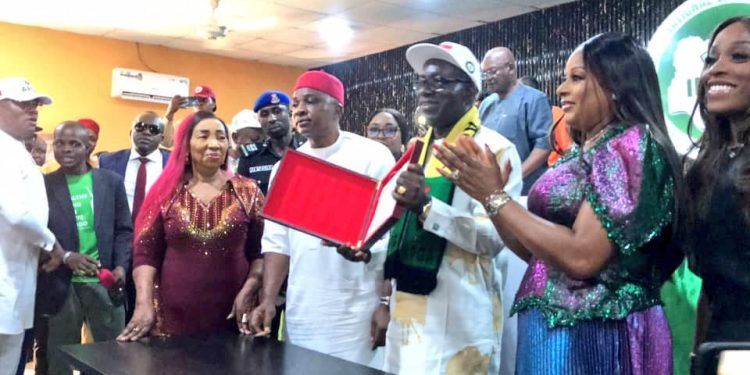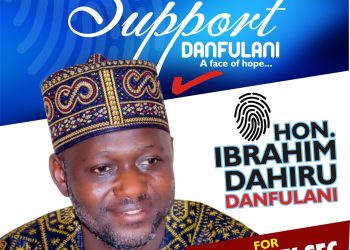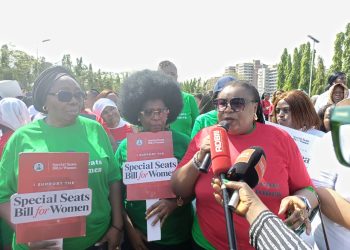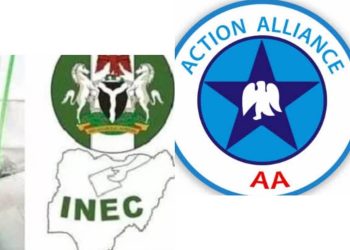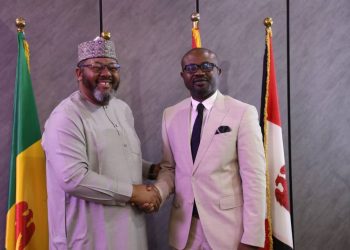By Nkechi Eze
The Electoral Hub has congratulated the people of Anambra State on the peaceful and successful conduct of the November 8, 2025, governorship election, describing it as a remarkable stride in Nigeria’s democratic journey. In a statement released after the polls, the organisation commended Ndi Anambra for their civic responsibility and the Independent National Electoral Commission (INEC) for the professionalism, transparency, and adherence to due process that characterised the exercise.
According to the statement, The Electoral Hub, which was accredited as an official observer, monitored the entire process from pre-election preparations to post-election activities using an electoral accountability framework that captures the socio-political, civic, legal, and administrative dimensions of election management. The organisation noted that while INEC plays a central role in the conduct of elections, their success depends on the collaborative contributions of key stakeholders such as political parties, candidates, security agencies, civil society organisations, the media, and voters themselves.
The Hub lauded several notable improvements in the conduct of the Anambra election compared to previous polls. Among these was INEC’s strict compliance with its election timetable and schedule, reflecting the Commission’s strong commitment to upholding credibility and transparency. Polls opened promptly in most polling units by 8:30 a.m. and closed at 2:30 p.m., a timely start that enhanced orderliness and ensured efficient participation. The Bimodal Voter Accreditation System (BVAS) also performed effectively, with the technology again proving its reliability in biometric voter verification and result transmission. The timely upload of results to the INEC Result Viewing Portal (IReV) further enhanced public trust, with 99.62 percent of polling unit results uploaded as of the morning after the election.
Ad-hoc staff, including presiding officers, collation officials, and National Youth Service Corps members, were commended for their professionalism and adherence to INEC’s guidelines during accreditation, voting, and collation. The collation process itself was described as efficient and transparent, culminating at the State Collation Centre in Awka under the supervision of Professor Edogah Omoregie, SAN, who announced Professor Chukwuma Charles Soludo of the All Progressives Grand Alliance (APGA) as the winner, having polled 422,664 votes against his closest rival, Prince Nicholas Ukachukwu of the All Progressives Congress (APC), who scored 99,445 votes.
The Electoral Hub also applauded INEC’s improved logistics management, noting that 24,000 ad-hoc staff and 6,879 fully tested BVAS devices were deployed alongside 2,233 buses and 83 boats to ensure timely movement of personnel and materials, even to riverine areas. The collaboration with state transport unions such as the NURTW, NARTO, and MWUN, supported by security escorts, reflected careful planning and execution.
On inclusivity, the report observed that INEC made deliberate efforts to prioritise women, including pregnant women and nursing mothers, as well as voters with disabilities. Provisions such as braille and magnifying glasses were made available in polling units, and sign language interpreters were deployed to 25 designated stations, demonstrating a deepened commitment to accessibility and inclusion.
The statement further highlighted the effectiveness of INEC’s result management system, noting that 96.05 percent of polling unit results were uploaded to the IReV by 6:57 p.m. on election day, and by the close of collation on November 9, 99.14 percent of results were already on the portal. Security arrangements were also commended, with over 60,000 personnel led by 45,000 police officers under the Inter-Agency Consultative Committee on Election Security (ICCES) deployed across the state, supported by aerial surveillance and strict vehicular movement restrictions.
While the election was largely peaceful, The Electoral Hub also identified certain drawbacks. It noted that the imposition of a ₦50 million campaign permit fee by the Anambra State Signage and Advertisement Agency created an uneven playing field, limiting smaller parties’ visibility and raising concerns about fairness. The organisation also condemned incidents of vote trading at polling units, with reports of payments ranging from ₦3,000 to ₦20,000, as well as isolated violence, including the killing of a local councillor in Orumba South LGA while attempting to vote. Additionally, it expressed concern over voter apathy, with only about 21.4 percent of registered voters participating in the election.
Despite these challenges, The Electoral Hub maintained that the 2025 Anambra governorship election represents a significant improvement in Nigeria’s electoral process and a demonstration of how credible, transparent, and participatory elections can be achieved when stakeholders work together. It urged citizens to remain active participants in democratic governance and to continue demanding transparency and accountability from electoral institutions.
The organisation reaffirmed its commitment to promoting electoral knowledge, accountability, inclusion, and integrity, calling for sustained dialogue and collaboration among INEC, political parties, civil society, the media, and the electorate. Such engagement, it emphasised, is essential to strengthening democracy, protecting the sanctity of elections, and ensuring governance that upholds the will and dignity of the people.


